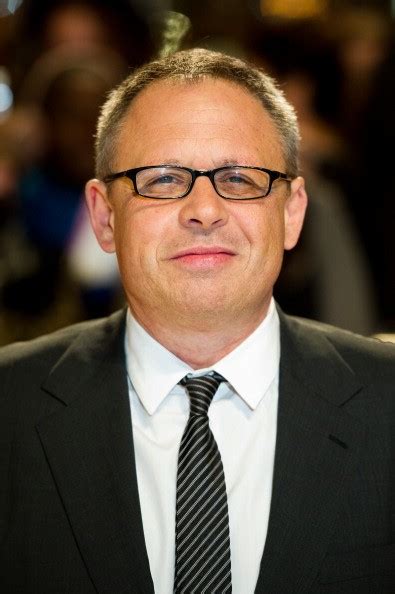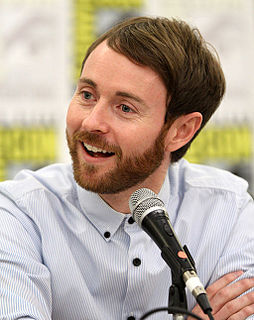A Quote by Bill Condon
I do think that's so much a part of what being a director is - in working with actors - to really try and be sensitive to what each actor needs to get to where he wants to be.
Related Quotes
Actors, I think, are all the same. Both Korean actors and American actors are all very sensitive people, and they are all curious to know what the director thinks of them and how they are evaluated, and they try to satisfy the director. And they like it if you listen carefully to their opinions and accept them.
In terms of how I work with actors, having worked so heavily on the script I have a very clear idea of the characters; they are reasonably well illustrated in the script. If you cast it right, to a great degree you can hand it over to the actor and I just make suggestions. I'm not the kind of director who needs or wants to get into too much finessing. Ideally, when you hit the set, you have this conversation, like, 'eh, what did you think?' 'I don't know, what did you think?' 'Why don't we just try it again, make a few physical changes.'
Your actors need to trust you as a director, but normally, I think you just need to have an open communication between the actors and the director. I think the director needs to really paint his or her vision to the cast and let them know the kind of mood that he or she is making. I think that's very important.
I'm not necessarily less gratified by films where you're given less room to maneuve. Because I love a great script, and I love to respect it, and I love to try to give a director what he needs and wants, especially having directed now. [Laughs.] I'm much more open to try to give him what he wants and figure it out. I like working with directors I respect and admire, obviously. And everybody has their own way.
I don't really enjoy working in TV, to be completely honest, even though it's incredibly lucrative, I'm just terrified of not being satiated in a myriad of different ways. It's amazing that I get to create every day, as an actor, or a director, or a writer, and I get to do it in a variety of different genres and worlds and characterizations. I think that's the great privilege of what we do, we get to make believe. I get to go to so many different places, try on different occupations, take on different points of view. That's what's always been sort of alluring.
One of the good thing about theater in the states, is that the playwright we do have a say, especially in the beginning, when the play is being discussed around the table. We talk about the play, and the actors listen, and there have been cases, you disagree on something... I mean, actors don't usually tell you what they're going to do, they do it. Of course, you try to speak with the director and say, "Is there any way you can bring this actor to do something different?" You try as much as you can, but then, you also have to be open to interpretation.
My job as an actor is to try to do what the director wants me to do. I'm going to do everything I can to incorporate that note and make it work. If it doesn't work, I'll try this kind of thing, and "How do you feel about that?" If you are at odds with the director, neither one of you is going to get anywhere. You really do have to be able to make both of you happy. Even when I was younger, there were times when you have to find a way to make it work for both of you.





































